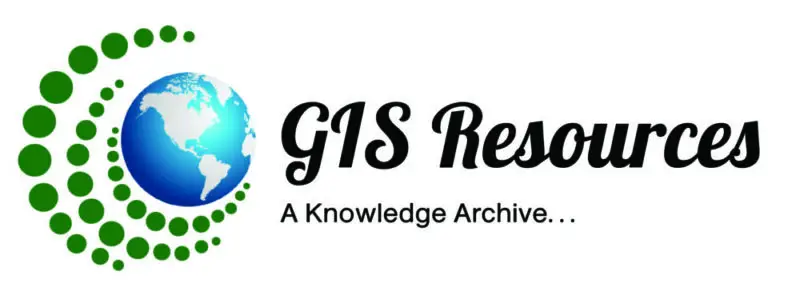Reverse Mortgage Eligibility Criteria
A reverse mortgage offers an advantage to senior homeowners, enabling them to be financially empowered by accessing their home equity without selling their homes. Considering this advantage, any potential homeowner can find themselves in a position to secure more for their retirement or other financial needs. However, reverse mortgages are extremely complex financial products, and not everyone needs them.
Before delving into eligibility and considerations, it’s helpful to answer the question: What is a reverse mortgage? It is a type of loan that allows homeowners who are 62 years of age or older to take out a loan against their house equity. They can receive funds as a lump sum, fixed monthly payments, or a line of credit, with the home itself serving as collateral.
However, accessing a reverse mortgage is subject to specific criteria that will be discussed in this blog post. This will help in elucidating the various eligibility requirements and considerations for senior citizens who are willing to benefit from a reverse mortgage.

Basic Requirements
Certain basic requirements need to be fulfilled to obtain a reverse mortgage. The first is the age requirement, which generally means acceptance for persons 62 years of age or older applying for approval. The typical reverse mortgage borrower, however, is about 73 years old, indicating that this program primarily targets senior homeowners.
Equally important is having home equity in place. The value of an applicant’s home needs to be substantial to determine the potential loan amount they can access. Home equity defines the reverse mortgage and determines the payments homeowners can receive based on their home’s worth or value.
The property must also be the primary residence and meet FHA standards and safety guidelines. Regular maintenance, along with the payment of property taxes and homeowners insurance, must continue to maintain eligibility.
Types of Property Eligible
Reverse mortgage loans fund specific property types such as single-family dwellings and multi-unit properties where the borrowers occupy one unit, as designated by the FHA. However, while some property types are excluded, there are strict criteria for each lender. Generally, manufactured housing is not eligible, and cooperative apartments may be disqualified in certain cases.
Furthermore, a property’s eligibility for a reverse mortgage is determined by its condition and maintenance. An FHA appraisal process determines whether a property fulfills the obligations to secure a reverse mortgage. This includes an appraisal to verify the value and condition of the property.
Mandatory Counseling and Education
Mandatory counseling is essential as reverse mortgages are available only through HUD-approved agencies. The program covers various aspects, including the financial implications, costs, and obligations of a reverse mortgage.
Effective reverse mortgage counseling entails discussing issues related to alternative forms of reverse mortgages, including any implications for key heirs in estate planning and future financial planning for a borrower. This is relevant in enlightening potential borrowers about the obligations and risks involved with reverse mortgages. It also provides a mechanism for inquiries and exploring other financial options.
Differentiation of Lenders’ Criteria
While conventional eligibility largely dictates the requirements for reverse mortgages, some lenders may set more or different conditions. These differences usually include issues such as the type and condition of structures where applicants reside.
Taking this into account, borrowers are advised to review policies from various lenders to choose the most suitable program. Detailed research and comparison of many lender offers can lead to better conditions and a deeper understanding of each lender’s peculiarities.
Effect on Heirs and Estate Planning
Another practical consideration regarding reverse mortgages is the impact on heirs and estate planning. The amount due to a lender for any given reverse mortgage loan includes interest that accumulates on the principal, in addition to associated fees. The balance owed increases over time, and when the borrower dies or permanently moves out of the property, the heir has the option to either clear the loan to retain the property or sell the property to offset the debt. This essential decision has far-reaching effects on future estate planning and should be made after thorough discussion with family members and legal advisors.
In this context, potential borrowers should discuss the expected future terms of the reverse mortgage with their heirs. This will help all concerned parties understand the financial implications and make the right decisions.

Conclusion
Reverse mortgages are a solution for senior homeowners to be able to obtain funds using home equity. However, understanding eligibility is key. Each consideration, ranging from conditions relating to age and property to those touching on financial health, counseling, and implications for heirs, demands detailed attention.
People considering a reverse mortgage should take time to discuss this in detail with financial and legal advisors to ensure the option is appropriate for their personal and financial ambitions. This option has long-term implications, so being well-informed is crucial. Ultimately, when integrated flexibly into a senior homeowner’s overall financial strategy, a reverse mortgage can serve as a valuable financial tool.









